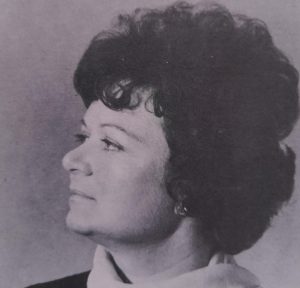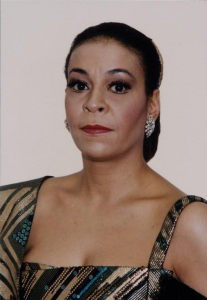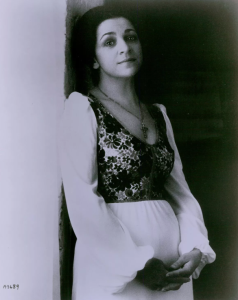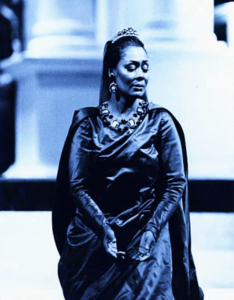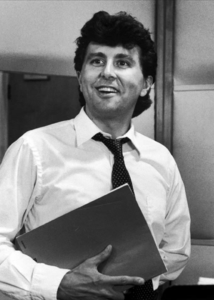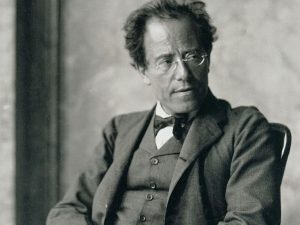Podcast: Play in new window | Download (Duration: 1:39:21 — 136.4MB) | Embed
Subscribe: Spotify | TuneIn | RSS | More
The English contralto Alfreda Hodgson (07 June 1940 – 16 April 1992) has been featured numerous times on Countermelody and when I recently acquired a copy of her 1980 solo recital recording originally released on Pearl Records, I decided that the time was right to do a full episode on this rich-voiced, profoundly musical singer. Though she was equally superb in Bach, Mahler, Handel, and Elgar, I have chosen to focus on her performances of the music of Johannes Brahms, including superb recordings of the Alto Rhapsody, the Songs for Alto and Viola, the Vier ernste Gesänge, and a posthumously-assembled collection of his Lieder published under the title Mädchenlieder. Artists accompanying Hodgson include Bernard Haitink, Edward Downes, violist Ludmila Navrath, and her long-standing pianist, the late Keith Swallow. I begin the episode with brief examples of Hodgson singing (in English) the music of her countrymen Lennox Berkeley, Edward Elgar, and John Ireland in the company of Peter Pears, Gennady Rozhdestvensky, Steuart Bedford, and Alan Rowlands.
Countermelody is the podcast devoted to the glory and the power of the human voice raised in song. Singer and vocal aficionado Daniel Gundlach explores great singers of the past and present focusing in particular on those who are less well-remembered today than they should be. Daniel’s lifetime in music as a professional countertenor, pianist, vocal coach, voice teacher, and author yields an exciting array of anecdotes, impressions, and “inside stories.” At Countermelody’s core is the celebration of great singers of all stripes, their instruments, and the connection they make to the words they sing. By clicking on the following link (https://linktr.ee/CountermelodyPodcast) you can find the dedicated Countermelody website which contains additional content including artist photos and episode setlists. The link will also take you to Countermelody’s Patreon page, where you can pledge your monthly or yearly support at whatever level you can afford.
